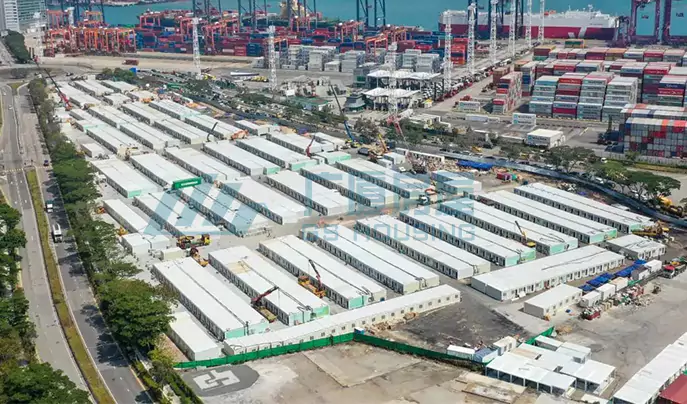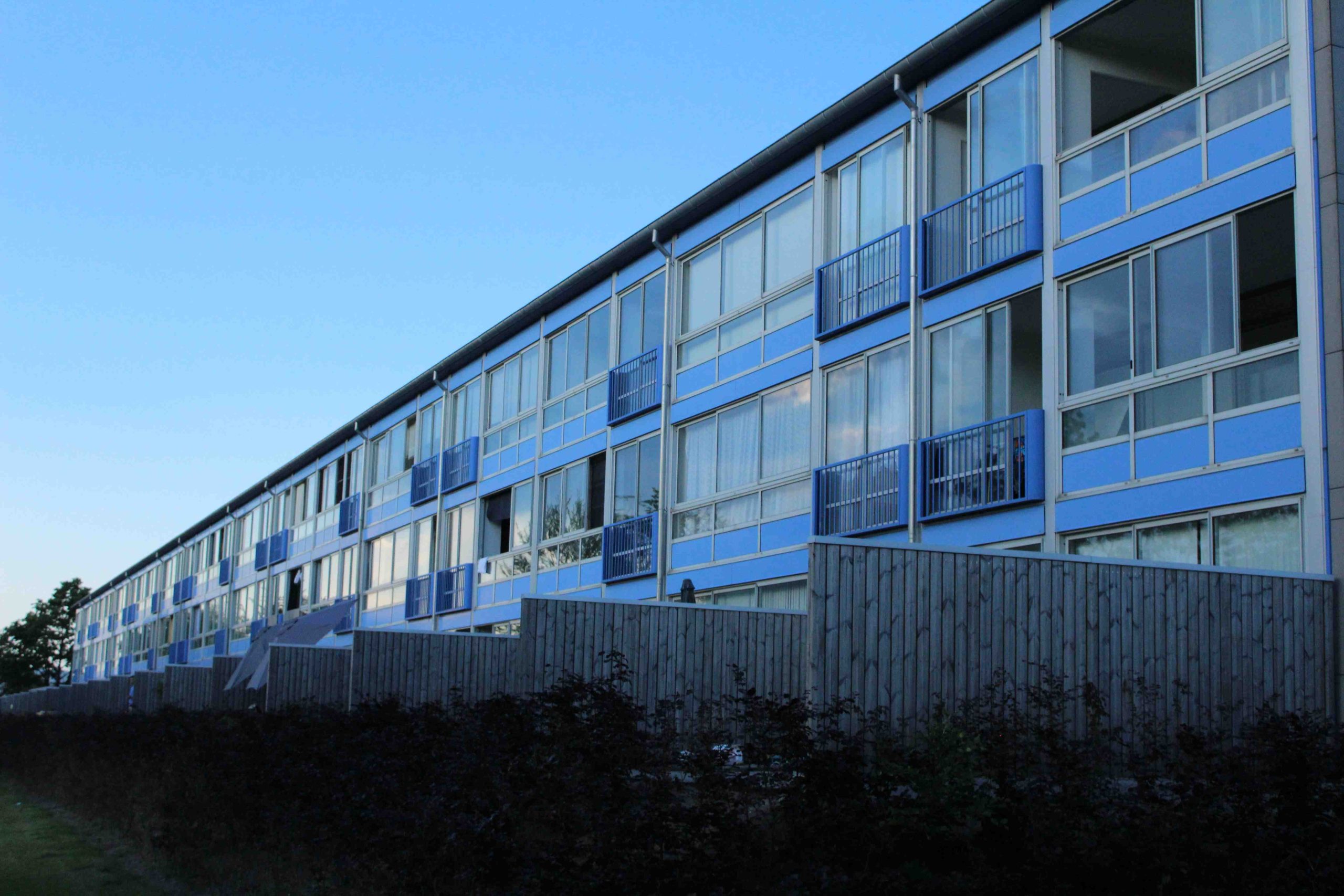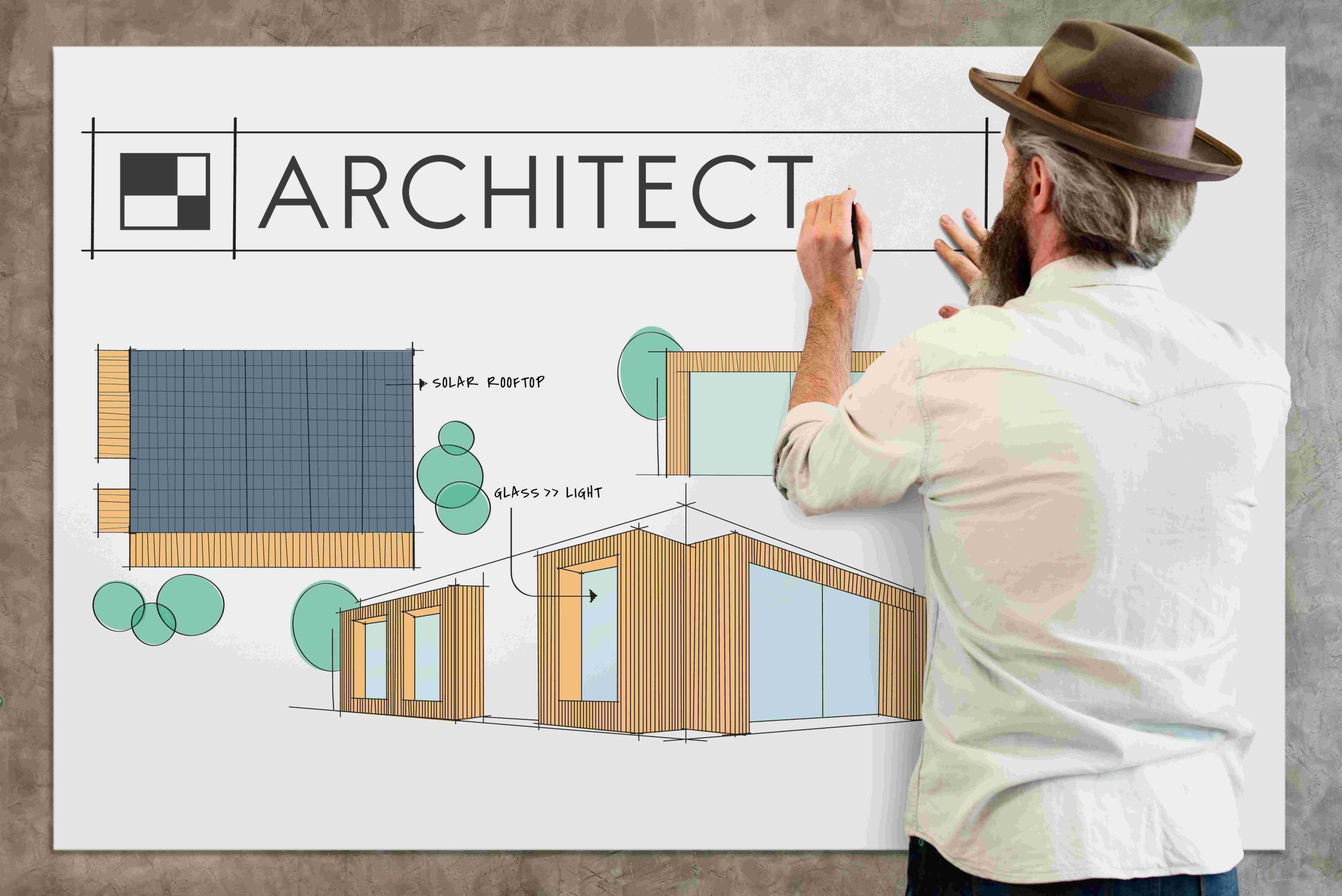The Efficiency of Modular Construction in Difficult Landscapes
The Efficiency of Modular Construction in Difficult Landscapes
Notably, modular building allows for considerable efficiencies in challenging terrain, having a quick turnaround time and a smooth installation process. It achieves these significant reductions without compromising quality or performance and is particularly well suited for expedited projects. Saves considerable installation time and labor cost and is ideal where the project must be finished in a short time.
Advantages of Modular Construction in Challenging Terrains
Adaptability to Varied Geographical Conditions
When it comes to addressing a wide range of geographical conditions, modular construction provides unprecedented adaptability. Modular methods can then be adapted/primed to particular terrains using pre-fabricated components like walls, panels, and even entire kitchen units. These parts are manufactured in factories and assembled on site using proven connection technologies. It provides a solution to these complexities to ensure that construction is not inhibited by uneven or far-off terrain.
In mountainous areas where conventional construction may be challenging due to complex site logistics, modular building provides offsite engineered-design solutions to minimize site impact as they can be erected quickly and fuss-free.
Reducing Environmental Impact During Construction
A principal benefit of modular construction is the reduced environmental impact. Traditional construction produces a lot of waste on-site and disrupts the local ecosystem substantially. But with modular, most of it gets done off-site, in a factory. This minimizes on-site heavy equipment and ground disturbance by maintaining the natural landscape.
Time and Cost Efficiency in Remote Areas
Development in remote locations often creates logistical challenges that can increase both time and expense. There are solutions to these problems — modular construction is one of them. Due to the off-site manufacturing of modules, transportation of raw materials over long distances is greatly minimized.
This efficiency is particularly beneficial in areas with limited access to skilled labor or infrastructure. By leveraging modular techniques, you can achieve high-quality results without incurring excessive costs or delays.
Structural Design Solutions for Difficult Landscapes
Stability and Durability of Modular Structures
From a construction perspective, stability and the ability to remain strong are the major requirements when making structures on difficult lands. These considerations form the basis of modular structures. Each module is built to exacting quality standards before it ever sets foot on the site, thanks to precision-engineered components.
Additionally, these modular designs utilize state-of-the-art materials that improve structural performance and are light enough for shipment and assembly. So this combination allows buildings to endure the forces of the environment and maintain their integrity, whether those forces are strong winds or shifting soils.
Customization for Specific Landscape Challenges
Every project is customizable; it can be used to meet the challenges that individual landscapes face. This flexibility is not just about structure, but extends to aesthetics too. When modular techniques can blend into the environment and serve functional needs, the result can be simple, beautiful buildings. With modular, you can develop builds that balance with the context and working needs.
Lightweight Materials for Uneven Terrains
Modular construction makes use of lightweight materials, which is another plus factor when building in challenging terrain. These materials also make transportation easier and lessen the weight on foundations, proving to be a great pick for uneven landscapes.
By combining lightweight components with innovative design techniques, modular construction ensures stability without requiring extensive groundwork or heavy equipment.
Sustainability in Modular Construction on Difficult Landscapes
Energy-Efficient Designs with Modular Techniques
Modular construction methods are inherently focused on energy efficiency, an area of high importance in any modern-day construction practices. Modular buildings are designed in the factory to achieve a higher level of thermal performance compared to traditional buildings simply by including advanced insulation systems and energy-efficient windows.
Moreover, integrating renewable energy solutions such as solar panels or wind turbines into modular designs further enhances their sustainability credentials.
Waste Reduction and Resource Optimization
Modular construction is also superior to traditional construction in this aspect of waste. With the majority of components being made off-site in a controlled environment, material wastage is limited. Also, excess materials can be recycled more easily in industrial environments compared to traditional job sites.
This approach not only conserves resources but also reduces disposal costs and environmental impact. By optimizing resource usage throughout the construction process, modular techniques contribute significantly towards achieving sustainable development goals.
Future Potential of Modular Construction in Complex Environments
Advanced Technologies Driving Modular Innovations
The evolution of new-age technologies is intricately linked to the future of modular construction. Modular construction develops as a process for complex environments by using advanced tools such as Building Information Modeling (BIM) and automation in the manufacturing, This enables the reliability of stringent quality control and minimizes the risks involved during on-site errors.
Expanding Applications Across Diverse Industries
Modular buildings are no longer limited to residential or commercial buildings. This has allowed it to operate as an effective solution in varied sectors like healthcare, education, hospitality, and infrastructure development. In the healthcare industry, modular techniques have been used to construct state-of-the-art hospitals that include elements designed to comply with strict medical requirements.
Similarly, modular classrooms are also used across schools, given that they can be set up in markets that would otherwise be inaccessible in a short time. Such adaptability highlights the possibility of modular construction to solve unique challenges in different industries with efficiency and sustainability in mind.
Integration of GSMOD Products in Modular Construction
GSMOD’s Innovative Modular Solutions for Complex Projects
If we talk about complex environments, GSMOD comes first in providing you with modular solutions that suit your needs. They specialize in pre-fabricated design components that readily fit in with any scope of your project, whether it is a high-rise or an industrial facility. GSMOD uses modern manufacturing methodology to guarantee that each module is manufactured to the best standards of quality and performance.
Their products, for example, help places experience earthquakes or severe weather. It has increased structural strength and also reduced the total timelines of projects with the use of engineered precision materials. If you are thinking of having a modular construction for your next project, find out more about what GSMOD has to offer!
Enhancing Project Efficiency with GSMOD Systems
GSMOD’s approach includes many standout features, but one of its most prominent is its focus on efficiency at every stage of the project lifecycle. GSMOD reduces disruptions on-site and quickens the assembly process by manufacturing components off-site in a controlled environment. It saves time and helps in minimizing labor and material wastage costs.
Moreover, their systems utilize energy efficiency designs that meet the modern sustainability objectives. GSMOD ensures all of their projects contribute to environmental conservation efforts through everything from the integration of renewable energy solutions, such as solar panels, to thermal performance optimization through insulation.
The advantages that GSMOD can offer you, like fewer logistic troubles, more customization possibilities, and much better durability, help when it comes to construction in tough places. With GSMOD, you get a big list of benefits: fewer logistical headaches, renewed customization, and additional durability—three things that are key when constructing within complex ecosystems.
FAQs
Q1: How can advanced technology be used to obtain modular construction?
A: The digital age is facilitating better design and production exactness, where advanced technologies like BIM and robotics, provide efficiency and speed for assembly.
Q2: Which industries do you see benefitting the most from modular construction?
A: Modular approaches offer agility and efficiency that make them ideal for many industries, especially in healthcare, education, hospitality, and infrastructure development.
Q3: What is the reason for modular projects to choose GSMOD?
A: GSMOD provides innovative quality, efficiency and sustainable solutions for complex environments, specifically for enhanced results for your projects.
Prev:How Modular Building Solutions Address Space Constraints in Schools
Next:Exploring the Key Differences Between Mobile Offices and Modular Buildings








